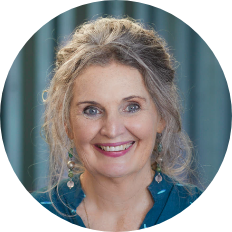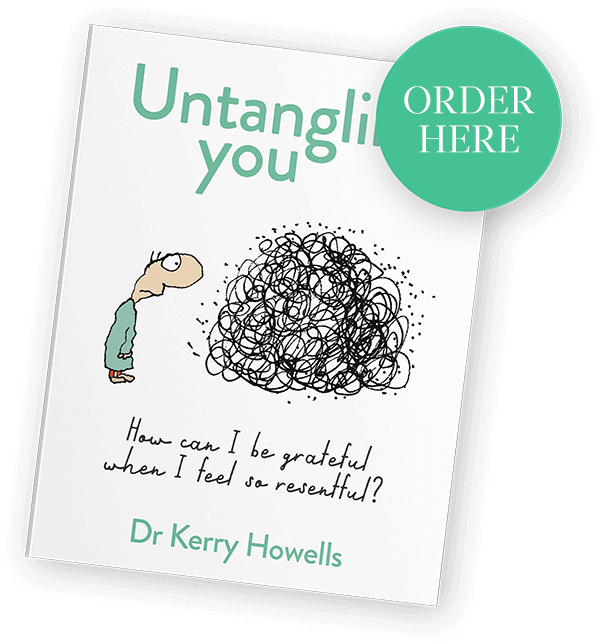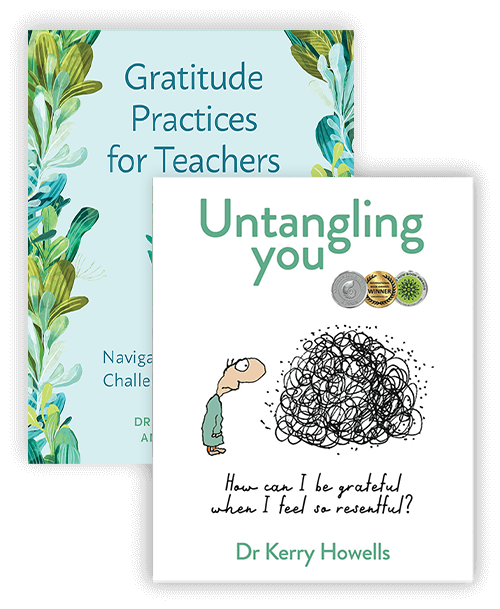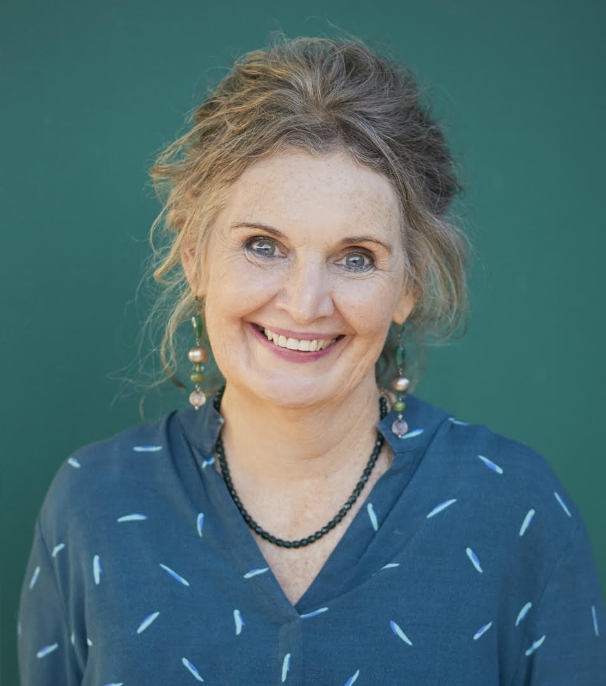“I love the person that I am and the life I get to live and I’m the luckiest guy in this country, easily.”
Many around the country were deeply moved as they watched Dylan Alcott speak so passionately in his address to the nation upon being announced as 2022 Australian of the Year. A champion sports person, Dylan is the first person with a visible disability to receive this award in its 62-year history.
Dylan has been in a wheelchair his whole life as he was born with a tumour wrapped around his spinal cord that was cut out when he was only a couple of days old. He used to hate having a disability and hated himself. But Dylan has grown into a person who now told the nation, “I love my disability. It is the best thing that ever happened to me. It really is, and I’m so thankful for the life that I get to live…”
Many of my readers and workshop participants ask me whether gratitude is something innate or something we learn. Are some people just born more grateful than others? My experience has taught me – and Dylan is a wonderful example of this – that gratitude becomes more part of our nature when we are able to practise it in the midst of our adversity.
Viktor Frankl, survivor of a World War II Nazi concentration camp, teaches us this lesson in a 2019 book that captures his previously unpublished talks – Yes to life in spite of everything. Frankl offers an explanation for how many left the concentration camp in “a better, stronger state of mind” than when they entered it. He says, “But do not forget this: the human psyche seems to behave in some ways like a vaulted arch: an arch that has become dilapidated can be supported by placing extra load on it. The human psyche also appears to be strengthened by experiencing a burden…”[1] Frankl invites us into the dimension of transcendence that seeks meaning in adversity, through the attitude we take to unavoidable suffering.
Practising gratitude helps us move beyond just accepting our adversity and gives us even more capacity to strengthen our resilience and (when we are ready) find meaning in our suffering. Importantly, it also keeps resentment – which has the opposite effect – at bay. When we are choosing an inner attitude of gratitude we’re enacting what Viktor Frankl calls, “the last of the human freedoms – to choose one’s attitude in any given set of circumstances, to choose one’s own way”.[2]
When we live a life like this, gratitude becomes our primary outlook on life. I felt in the presence Dylan exuded and in the sincerity behind his words. We are able to gain these attributes if we practise gratitude when we find it hard to do so.
I was also struck by the profound lesson in Dylan’s speech of what I call ‘deep gratitude’ – the art of acknowledging what we receive and being motivated to give back in action. We traditionally think of gratitude as the warm feeling of thanks, but it actually has its most transformative impact if we move from what we are grateful for to expressing this in action. In other words, gratitude is not just an emotion that makes us feel good. When we express our gratitude by serving others or contributing to those around us, we are motivated to live our lives in the spirit of gratitude. We are more able to see what has been given to us rather than what has been taken away. Over time, gratitude can help us to transcend our own suffering and connect more fully to others and the world around us.
Dylan is going beyond his own feelings of gratitude to express this in service to others. He has already worked tirelessly as an advocate for the rights of people with a disability and vows to use this year to bring this to the top of the minds of all of us.
To me, this is a wonderful example of truly transformative gratitude.
[1] Frankl, V. (2019). Yes to life in spite of everything. Penguin Random House, pp. 113-114.
[2] Frankl, V. (1985). Man’s search for meaning. Simon & Schuster, p. 131.







